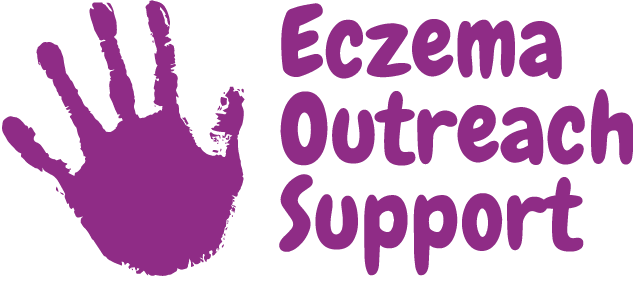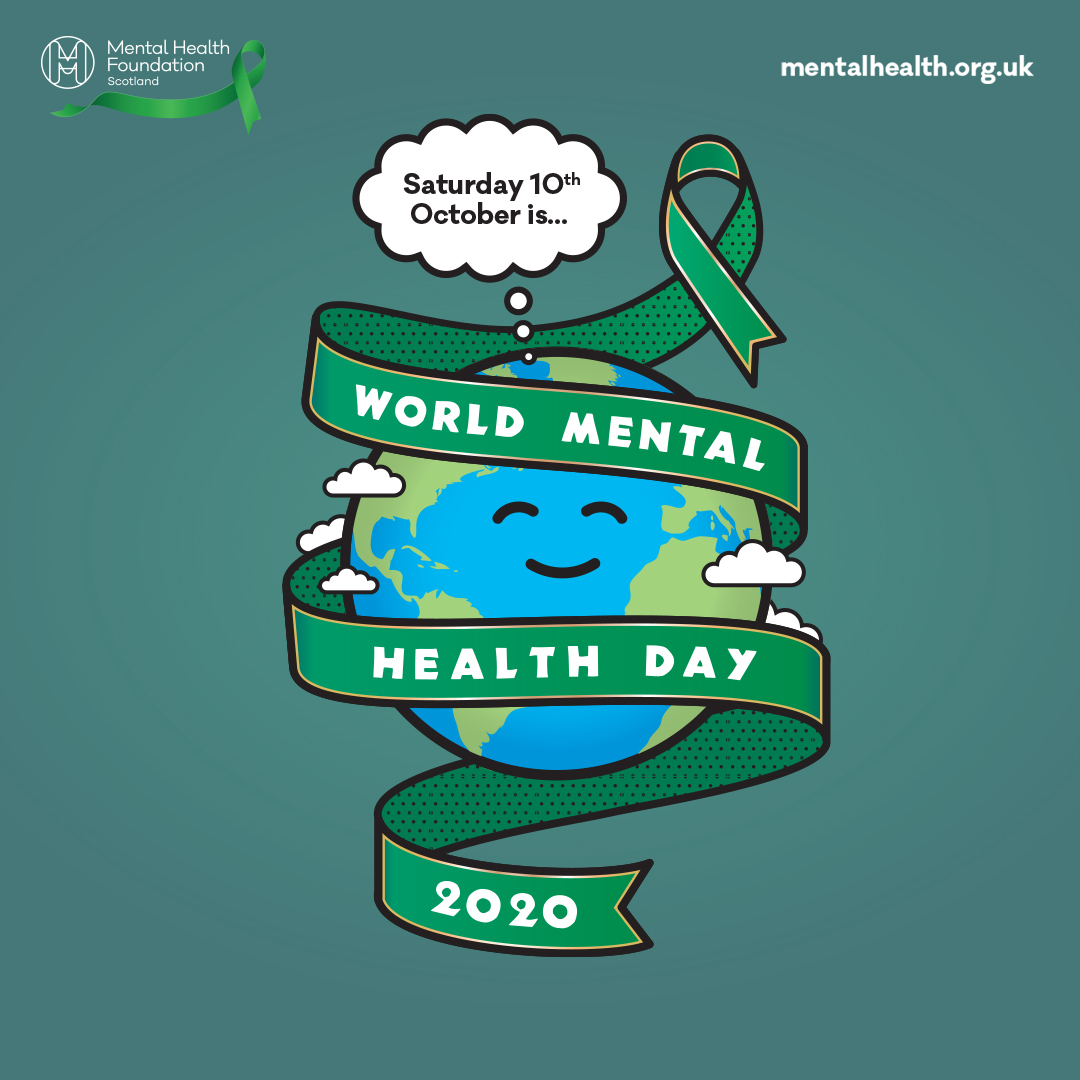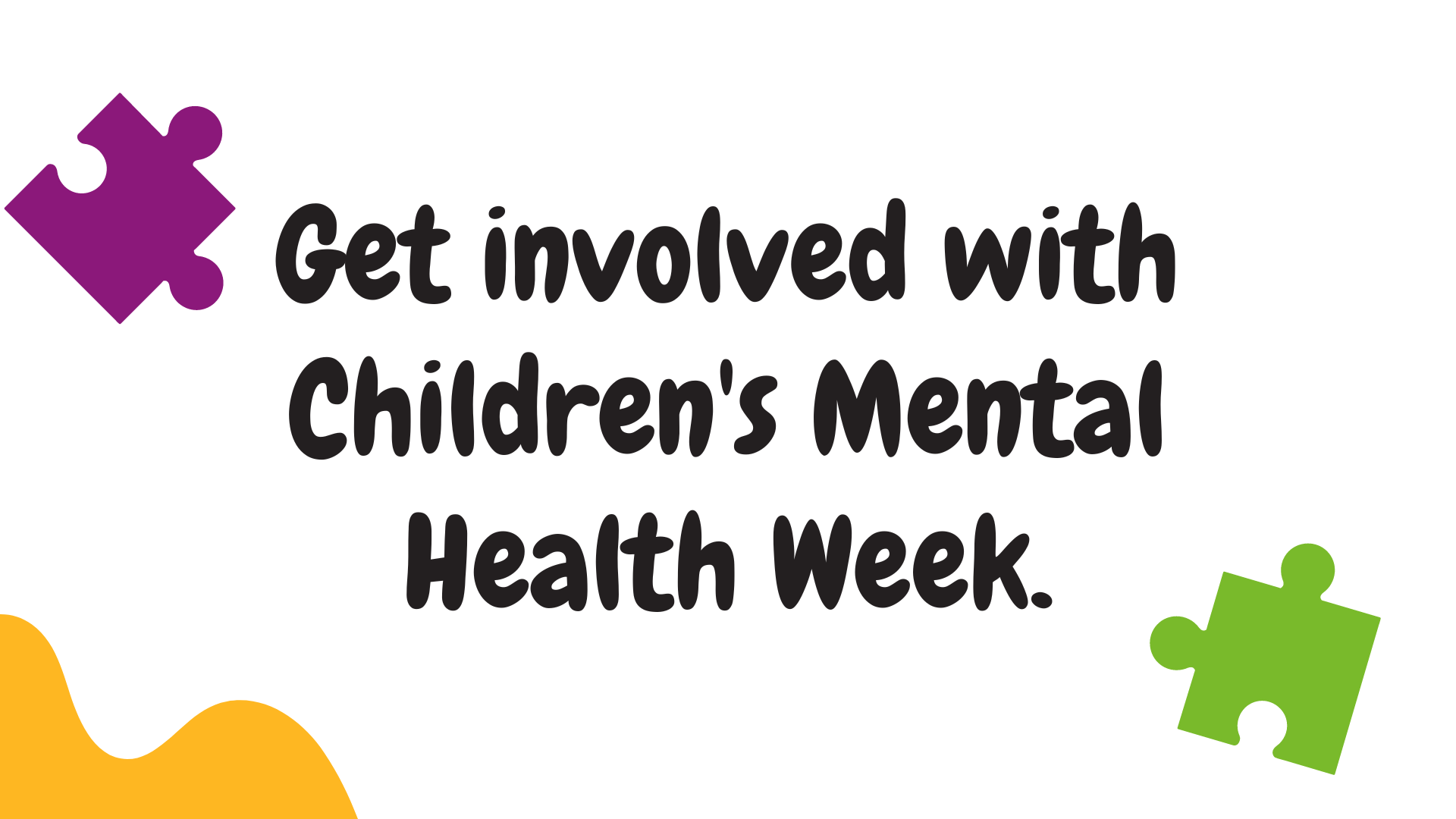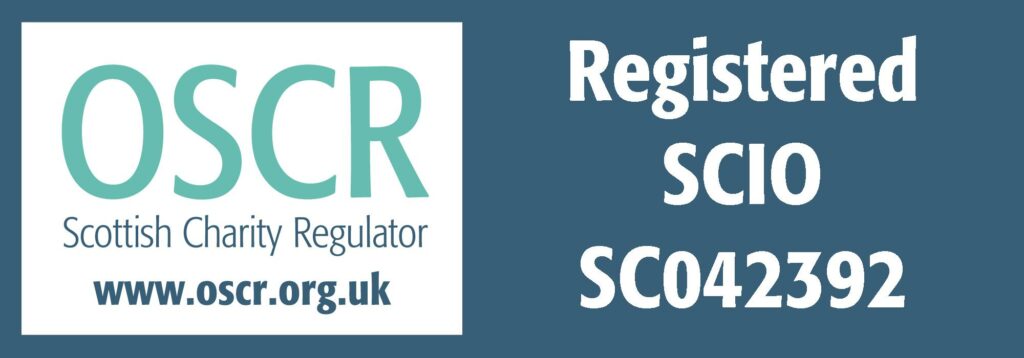Last week marked World Mental Health Day – a global awareness event to encourage people to talk about and get help for their mental wellbeing.
Mental health issues can affect everyone and with the difficulties 2020 has thrown at us, it is more important than ever to talk about it. The pandemic has reduced the availability of mental health services in many areas and limited the places we can socialise. Living throughout COVID is causing loneliness, anxiety and worries for millions of people and impacting their mental health. A study from the University of Nottingham found over half of adults are experiencing more anxiety due to the pandemic and 65 per cent showing signs of depression.
According to The Mental Health Foundation, one of the best things we can do for our mental health and that of others is to talk about it – if you are struggling with anxiety, depression, loneliness or destructive behaviour then talk to someone. You can reach out to family or friends, even if it feels daunting or contact a mental health charity to talk to a trained volunteer. Suffering with mental health should no longer be a taboo subject and most adults will experience poor mental health at some point in their lives.
Children and young people can also suffer from mental health difficulties with the uncertainty and worry over the pandemic adding to them. If you think your child may be anxious, The NHS recommends talking through their issues. Not being able to visit family and friends due to restrictions and many activities not able to run can impact how children feel. You may also have difficulty accessing dermatology services and their skin may be causing your child problems.
If you have a family member or friend that is vulnerable to mental health issues or that you are worried about, you could take the time to call them or arrange to have a coffee if the social distancing rules where you live allow. If it isn’t possible, you could set up a video call and enjoy a cup of tea and chat about how you are feeling. Just being there for someone in a dark place can make a huge difference – this information from Mind gives great examples on how to help.
If you are worried about your child, be open with them and address any worries they might have. Encourage them to express their feelings and share their worries. Visit Young Minds or contact your GP for further information or support.
For more help with mental health, visit The Mental Health Foundation or Scottish Association for Mental Health if you are in Scotland. If you or someone you know is experiencing suicidal or harmful thoughts, visit The Samaritans for support and in an emergency, always call 999.






